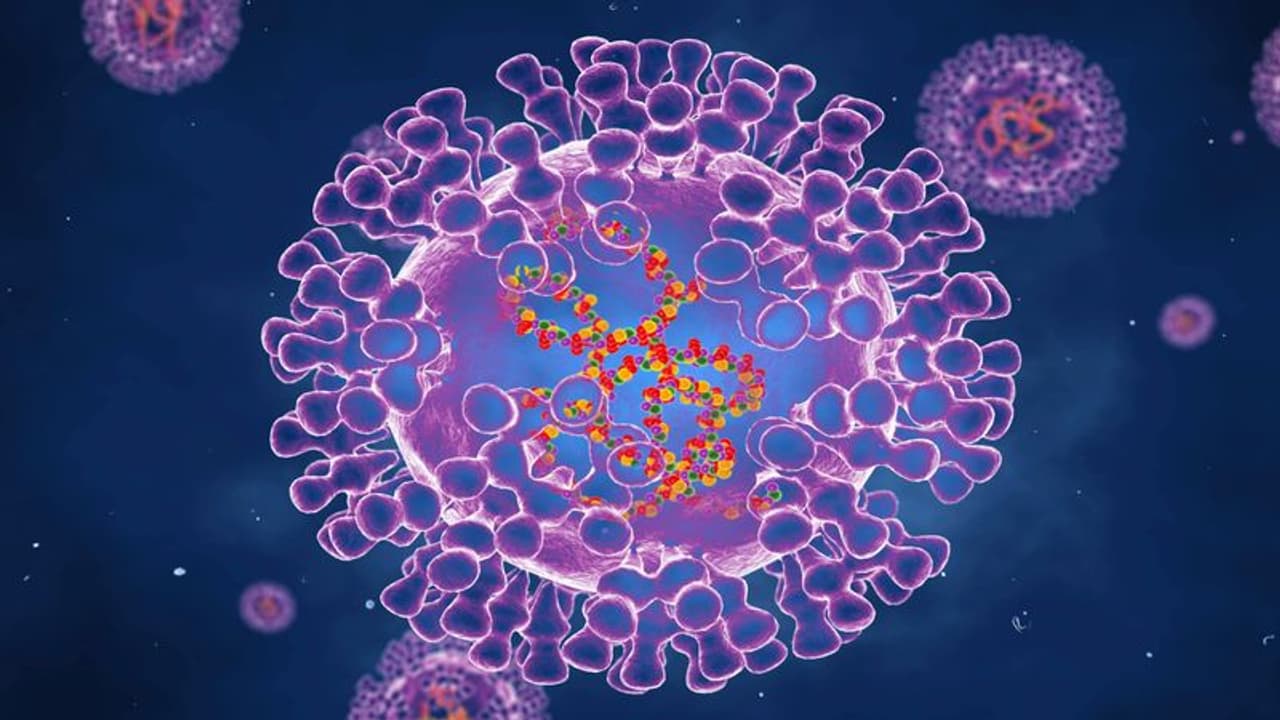According to health officials, this is the first time an Ebola-like disease has been discovered in a West African country. Blood tests taken earlier this month from two individuals in the southern Ashanti region indicated the Marburg virus.
In Ghana, two instances of the deadly Marburg virus have been detected. According to health officials, this is the first time an Ebola-like disease has been discovered in a West African country. Blood tests taken earlier this month from two individuals in the southern Ashanti region indicated the Marburg virus. According to the GHS statement, 98 people have been identified as contact cases and have been quarantined. It was also announced that no new Marburg cases had been discovered in Ghana.

What exactly is the Marburg virus?
According to the WHO, the Marburg virus is related to the Ebola virus and causes Marburg virus sickness. One in every two persons infected with the sickness dies. The virus was discovered in 1967 in Germany and the former Yugoslavia as a result of research on imported African green monkeys.
The illness has a case fatality ratio of up to 88%, which can be considerably reduced with adequate patient care. According to the WHO, death rates in confirmed cases have ranged from 24 to 88 percent in previous epidemics, depending on the virus type and case management. Death in fatal cases usually occurs 8 to 9 days after the onset of symptoms and is preceded by severe blood loss and shock.
Also Read | Brazilian doctor caught on tape sexually abusing pregnant woman during C-section
What are the signs and symptoms?
The incubation period for Marburg ranges from 2 to 21 days from infection to onset of symptoms. According to the World Health Organization, the Marburg virus produces a fast onset sickness characterised by a high temperature, agonising headaches, and extreme exhaustion. Muscle aches and pains are another common symptom. On the third day, severe watery diarrhoea, abdominal cramps and pain, nausea, and vomiting may occur.
Many patients experience significant haemorrhagic symptoms between 5 and 7 days, and fatal cases usually have some type of bleeding, often from many places. Fresh blood in vomit and faeces is typically accompanied by bleeding from the nose, gums, and vagina.
Also Read | War, drought, food shortage... Why Italy finds itself on the brink today
There are presently no approved MVD vaccines or antiviral medicines. However, supportive therapy, such as rehydration with oral or intravenous fluids and symptom management, improves survival prospects.
